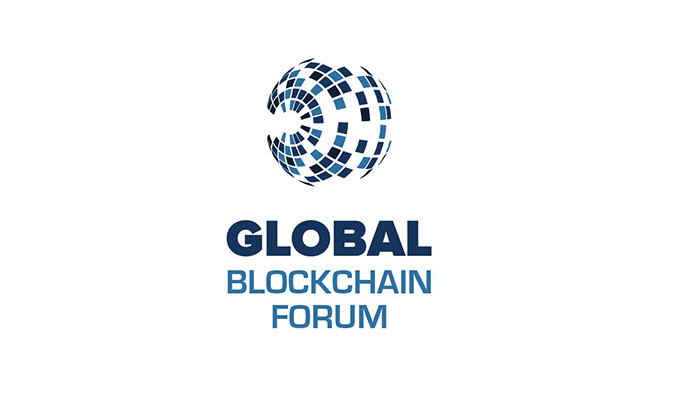The Chamber of Digital Commerce, along with several other international digital currency/blockchain associations, has announced a new initiative called the Global Blockchain Forum (GBF).
The mission statement reads:
“Our mission is to develop industry best practices and help shape global regulatory interoperability.”
The founding members include New York-based Chamber of Digital Commerce, United Kingdom Digital Currency Association, Australian Digital Currency Commerce Association and the Singapore-based Association of Crypto-Currency Enterprises and Start-ups.
International regulations around digital currencies and blockchain-based commercial activities are so convoluted and varied – with various regulatory bodies and agencies claiming jurisdiction and interpreting existing laws in an innumerable amount of ways – that the industry has decided to aid governments and regulators through the formation of the GBF.
In a recent Forbes article, Founder and President of the Chamber of Digital Commerce Perianne Boring, explained that lawmakers around the world need a helping hand in tackling the complex issues surround the new technology, “We’re bringing together the leading trade associations representing the digital assets/blockchain industry around the world. As we engage with these various governments, it’s important that the associations and stakeholders working with these public policymakers have some type of coordination to their efforts.” said Boring.
Boring also mentioned that the current global and domestic patchwork of regulatory policies is a nightmare for blockchain startups and existing fintech companies, “This is a huge impediment to innovation, investment, and to the growth of the industry in general.” she said.
A good example of this issue is the withdrawal from Texas by New York-based digital currency exchange itBit, which announced four days ago that it will stop providing services to Texas residents.
According to Boring, the blockchain space is about to see tremendous growth over the next few years, and appropriate regulations need to be put in place so that innovation isn’t stifled:
“Because as we see the blockchain grow and you see different times of innovation and cases and uses come forward, the regulation needs to be flexible enough to allow for that innovation.”
If you liked this article follow us on Twitter @themerklenews and make sure to subscribe to our newsletter to receive the latest bitcoin and altcoin price analysis and the latest cryptocurrency news.

